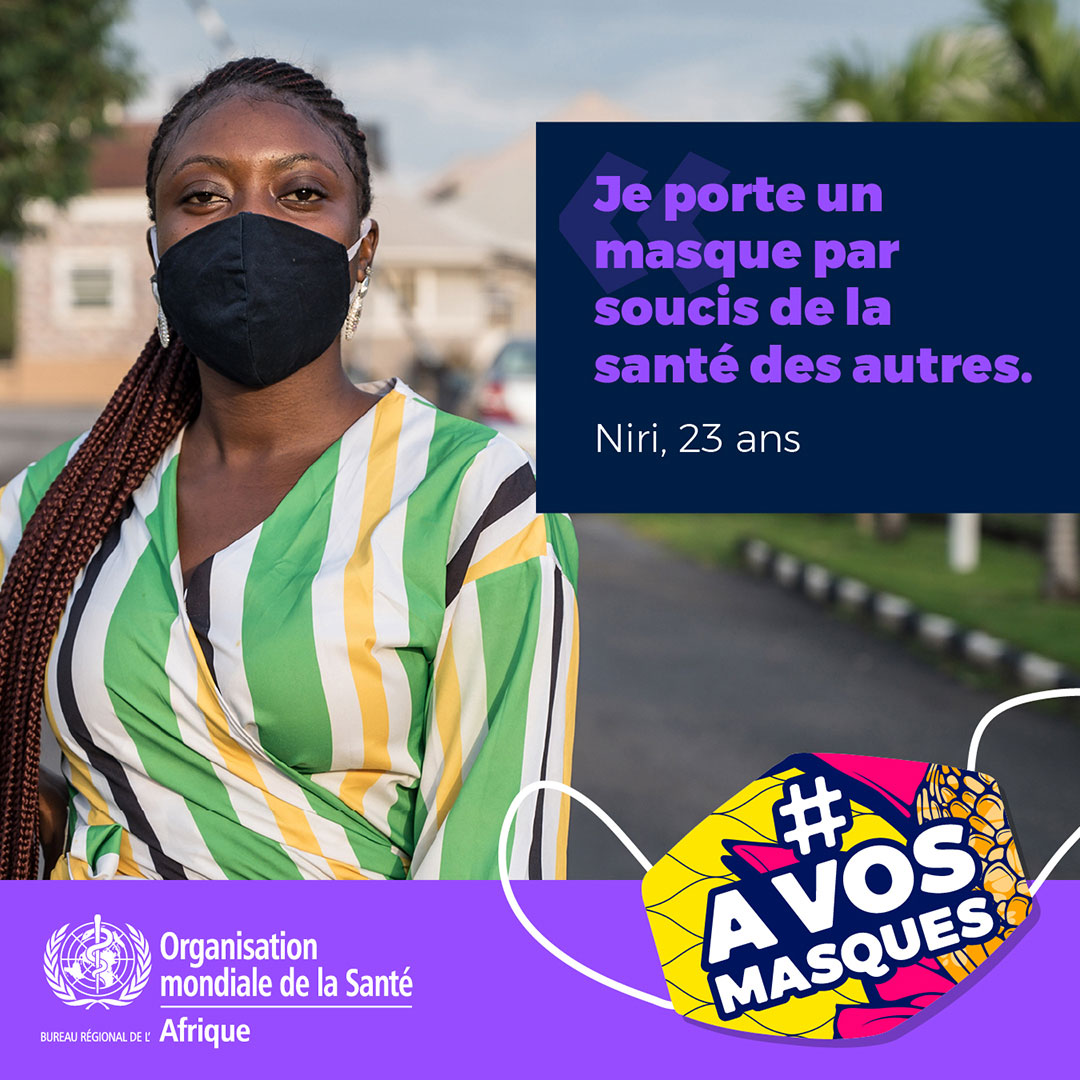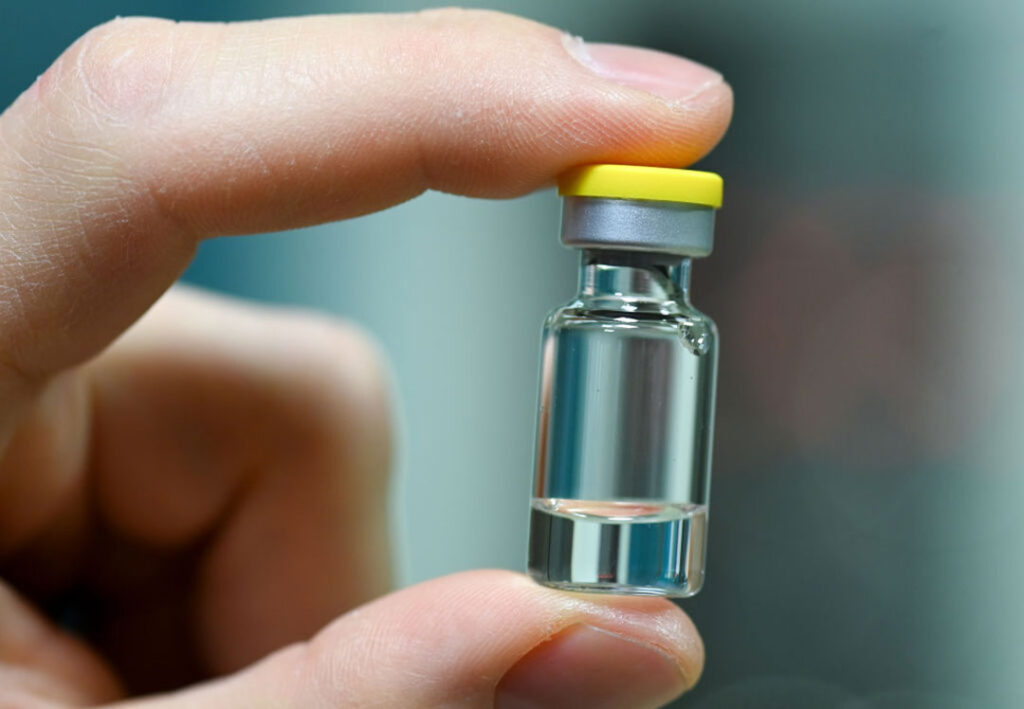ADF STAFF
Eleven months after COVID-19 first appeared in China, loosened lockdowns and pandemic fatigue have led to a surge of new infections globally and across Africa. At the same time, the virus has driven rapid development of vaccines that researchers report are more than 90% effective. It has also inspired innovations that could have far-reaching impacts on the way Africans treat other illnesses.
Mask Up Not Down
As African nations have loosened or lifted lockdowns, coronavirus cases have begun to accelerate.
It took five months for Africa to reach 1 million COVID-19 cases in early August. In mid-November, the Africa Centres for Disease Control and Prevention reported the continent had crossed the 2 million mark — a doubling of cases in a little over three months.
Dr. Matshidiso Moeti, the World Health Organization’s (WHO’s) regional director for Africa, said 19 countries have seen COVID-19 cases grow over the past month. The list includes Ghana, Kenya, Angola and Algeria. In some places, such as Lagos, Nigeria, masks have begun disappearing from public spaces as people lose their concern about the virus.
“There’s a certain level of fatigue around this,” Moeti said during a recent WHO update. “And the upcoming holiday season may simply exacerbate the situation.”
In response, the WHO has launched “Mask Up Not Down,” an ad campaign urging Africans to wear masks and to use them correctly when they do. The campaign is primarily running on social media and targeting young people across the continent for the rest of the year.

Vaccines on the horizon
The race for a vaccine to prevent COVID-19 has run at an unprecedented pace and has included many African research institutes along the way. In November, three pharmaceutical groups — AstraZeneca, Moderna, and Pfizer — announced breakthroughs, developing vaccines that they say are up to 95% effective.
Following Pfizer’s announcement, Russia’s Gamaleya National Center of Epidemiology and Microbiology announced its own vaccine with a 92% effectiveness rate. The announcement got a skeptical reception. It involved analyzing just 20 cases, a number that researchers consider too small to be reliable. The Pfizer trial analyzed 94 cases, according to a November 11 report by Science magazine.
“I’m afraid they looked at the results of Pfizer and added 2%,” Svetlana Zavidova, a Moscow-based lawyer who heads Russia’s Association of Clinical Trials Organizations, told Science.
Wayne Koff, leader of the nonprofit Human Vaccines Project, told Science the Russian claim failed to pass “the smell test.”
As research continues, Africa’s participation guarantees the continent a seat at the table for the worldwide roll-out of a vaccine rather than being last in line, according to Moeti.
New weapons for an old fight
From drone delivery systems to digital money to medical robots, COVID-19 has inspired Africa’s innovators to find new ways of doing things. Some researchers see those new ideas as a way to treat an old problem: tuberculosis (TB).
While the world has focused its attention on the new threat of COVID-19, the ancient threat of TB has continued to claim lives. During the pandemic, fewer people have been tested for the bacterial disease. In South Africa, which has the continent’s highest number of COVID-19 cases, TB remains a chronic problem.
In many low- and middle-income countries, TB programs formed the basis for their early response to COVID-19, according to Catharina Boehme, CEO of FIND, the Foundation for Innovative New Diagnostics.
“Now, as we are urgently rebuilding disrupted core health services for TB and other conditions, we have an opportunity to draw on the toolbox of innovations that have been created for COVID19,” Boehme told the Telegraph.
The work is already underway to repurpose some of the tools developed to counter COVID-19 — text-based contact tracing, artificial intelligence to detect infections in chest X-rays, and drone-based medicine deliveries — to track and treat TB.
“COVID-19 is one of the most serious health challenges in a generation, but it is also an opportunity to drive forward innovation, ingenuity and entrepreneurship in lifesaving health technologies,” Moeti said.

